What’s the context? VJ Day, 15 August 1945
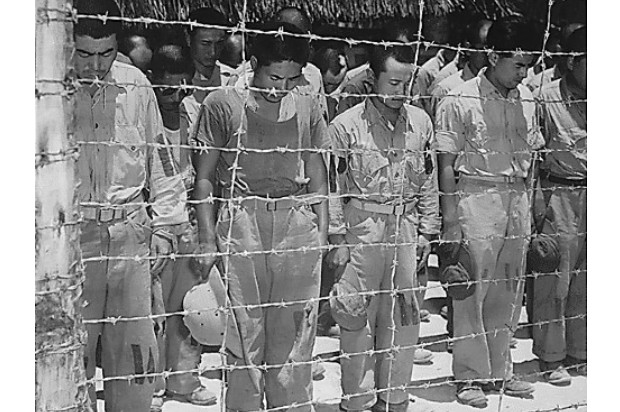
We call upon the Government of Japan to proclaim now the unconditional surrender of all the Japanese armed forces, and to provide proper and adequate assurances of their good faith...

We call upon the Government of Japan to proclaim now the unconditional surrender of all the Japanese armed forces, and to provide proper and adequate assurances of their good faith...
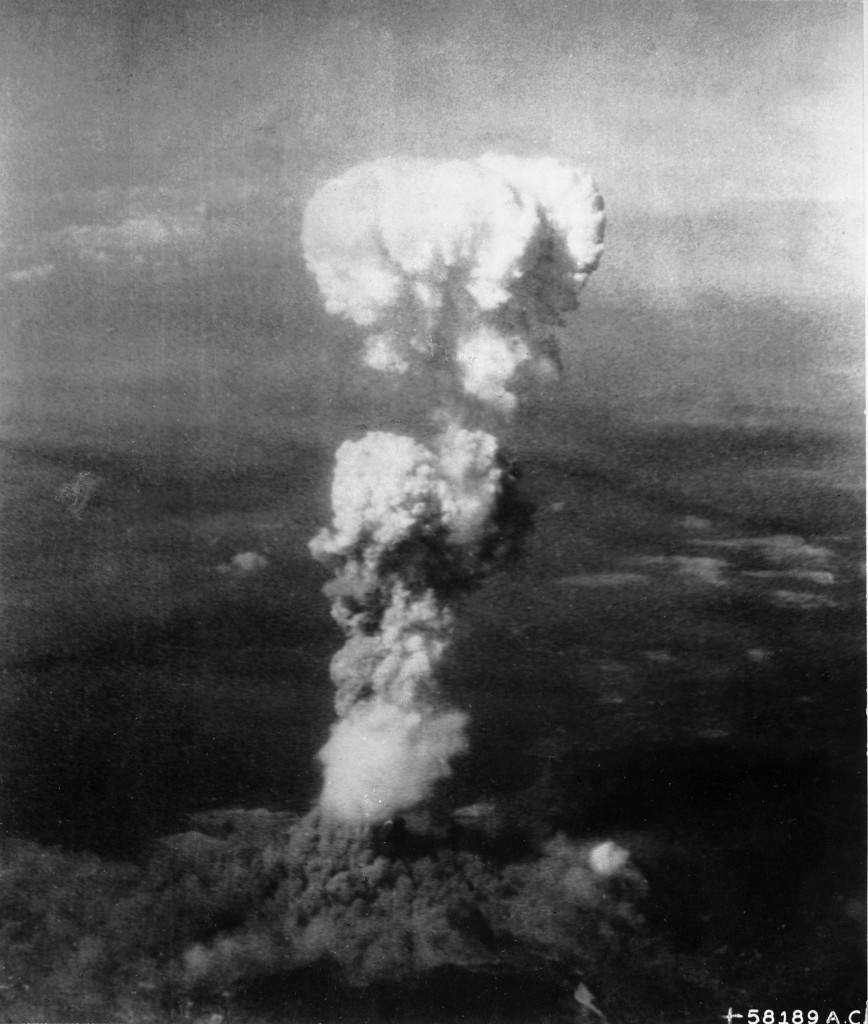
...if Japan did not surrender.4 A proclamation was issued on 26 July 1945 calling on Japan to surrender. Though the Japanese Supreme War Council sought Russian mediation, this was rejected...
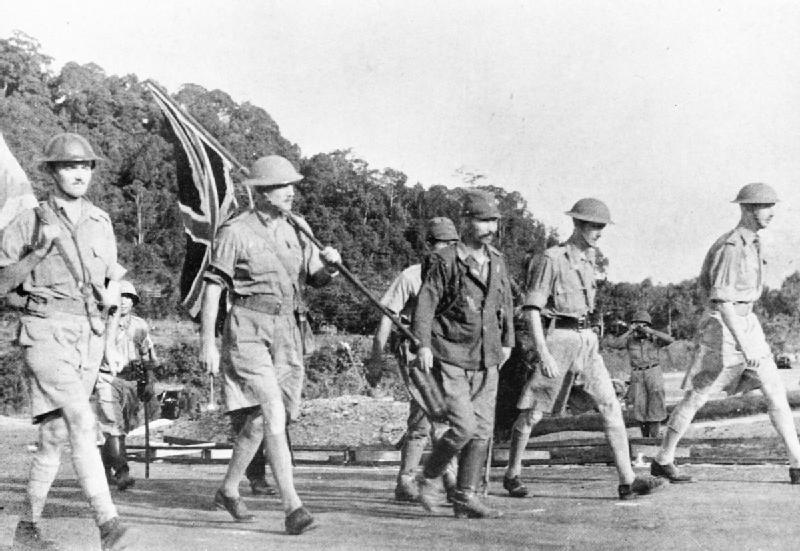
...Britain’s rivals in Asia. Japan’s nationalist and military leaders, with an ever-tightening grip on policy, saw the Treaties as part of attempts to ‘box in’ Japan. Subsequently, Japan threatened the...

The Yalta Myth Between 4 and 11 February 1945, while the Second World War still raged both in Europe and in the Far East, the ‘Big Three’—Roosevelt, Stalin and Churchill—met...
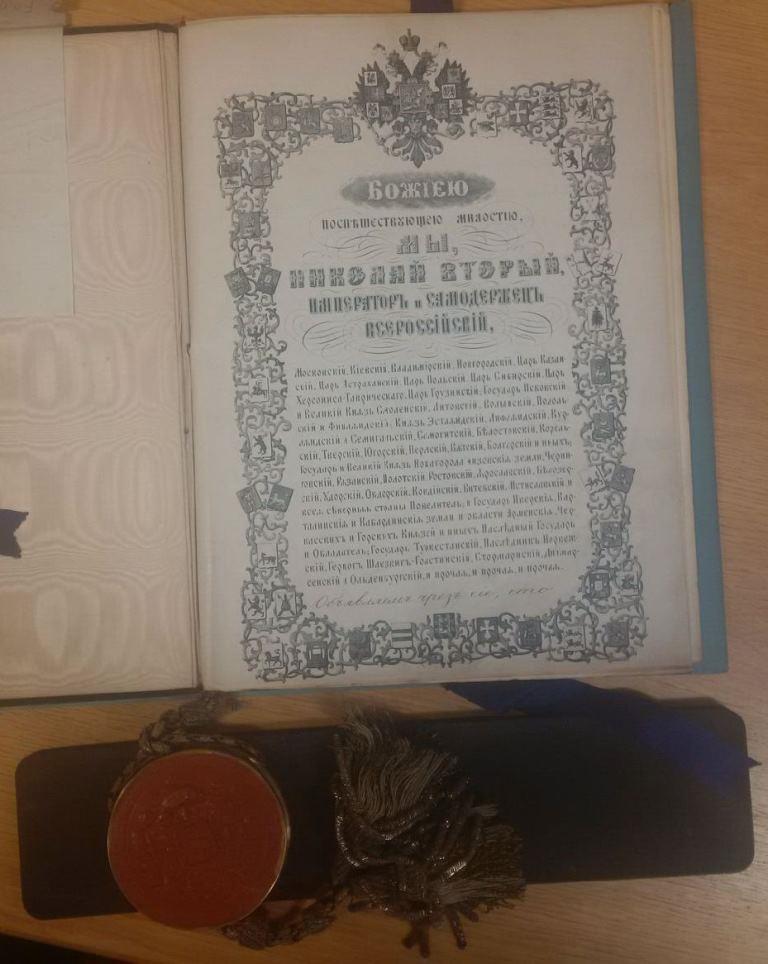
...entered an agreement with Japan and in 1904 established the Entente Cordiale with France. From the British perspective, the Anglo-Japanese Alliance was created partly with the aim of preventing Russian...
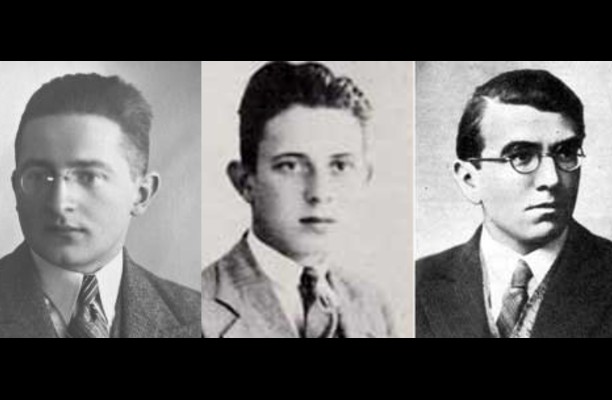
...by Hitler’s march into Prague, struggled to get Congressional approval for the amendment of isolationist legislation. The military party in Japan accused Britain of supporting China in the Sino-Japanese war...
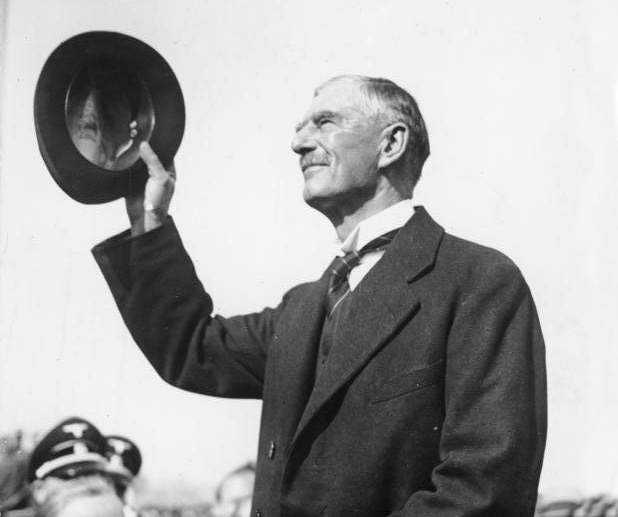
...but in the final analysis Mussolini was bound to support Hitler. Japan Japan was also allied to Germany and Italy, and had been engaged on a brutal and destructive war...
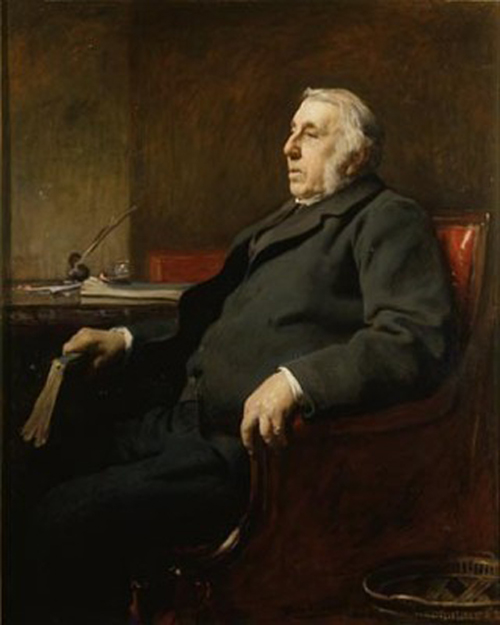
...a high standard of work and behaviour from his staff: his extensive correspondence with the Treasury includes requests that certain clerks should not receive their annual pay rise, or bonus...
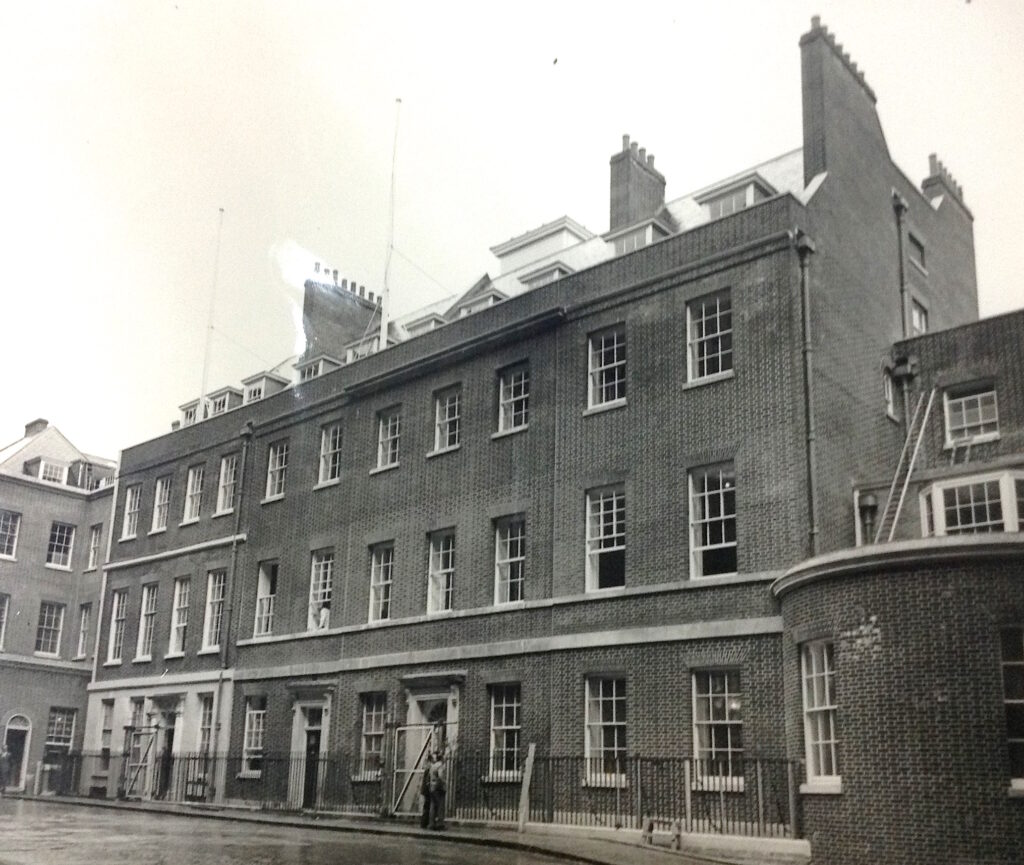
...Power’ at the centre of British Government, and the important two-way relationship between No. 10 as a building and those that work and live within it. This blog series focuses...
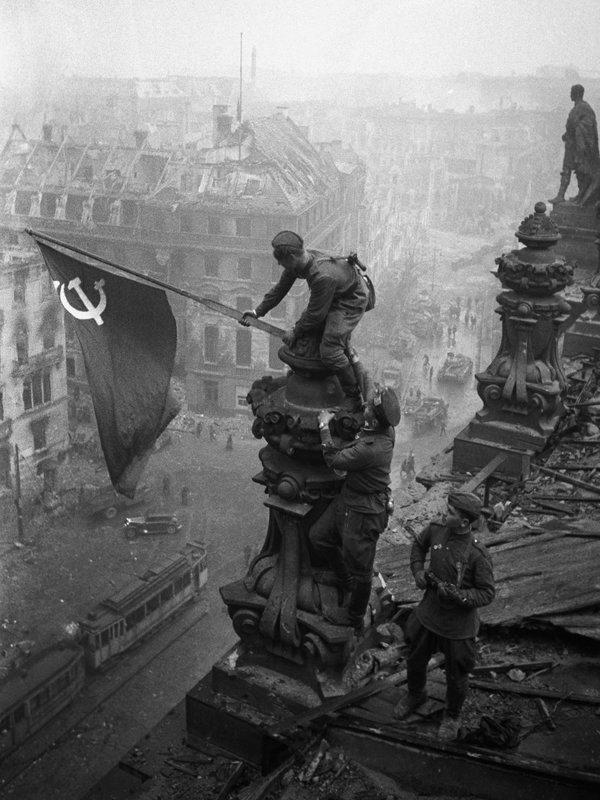
...that it would be better to deal with the Western Allies as occupiers than Soviet Russia. The high casualty rate was also a result of Soviet haste. Stalin had delayed...